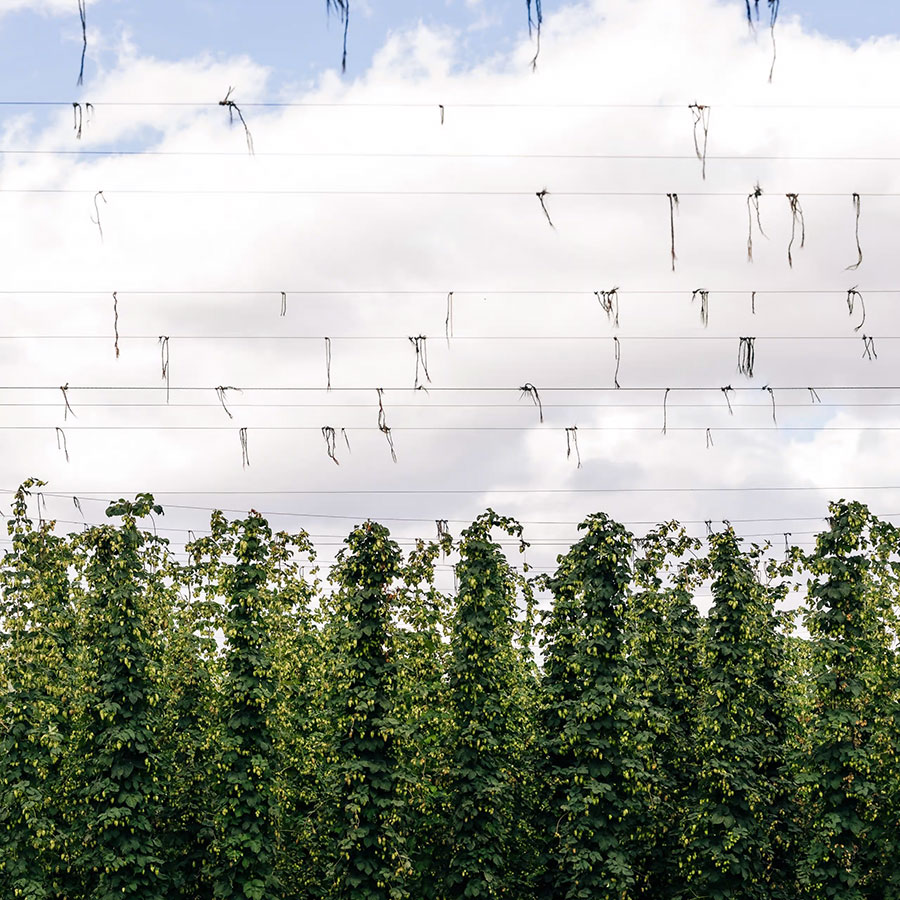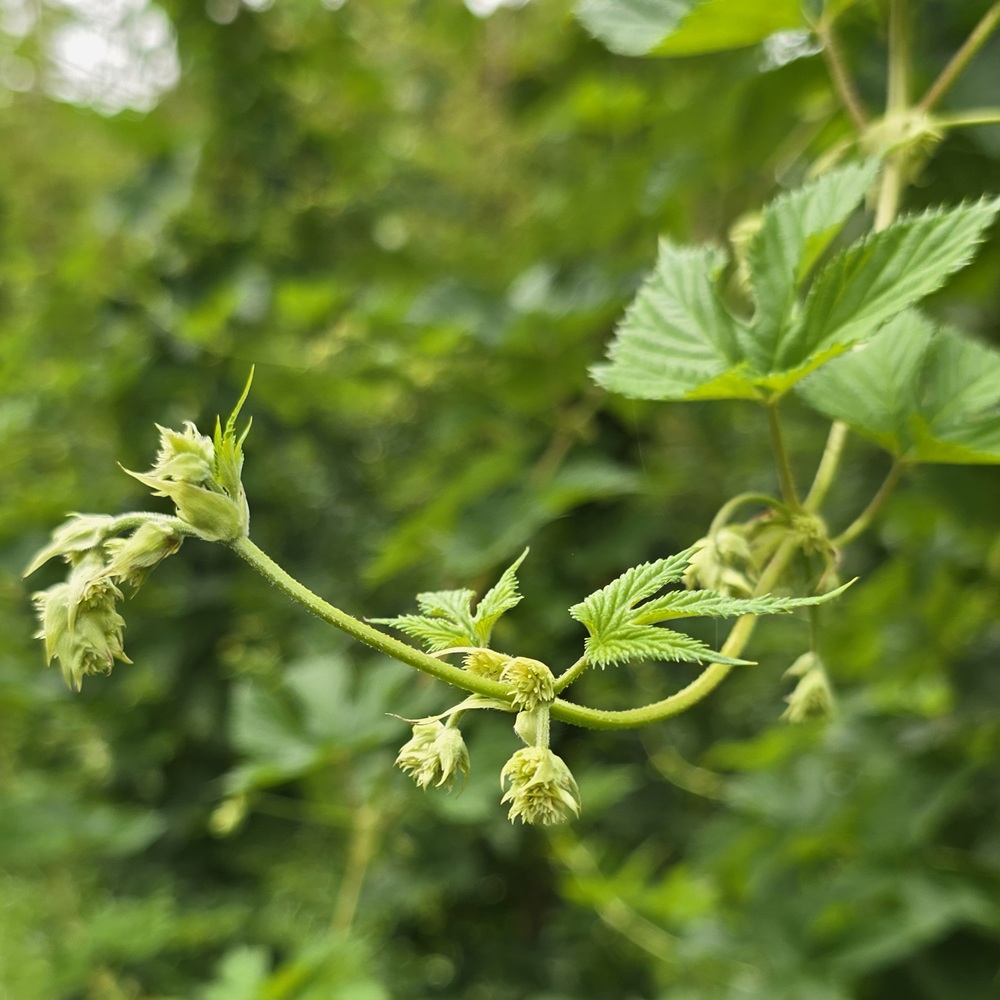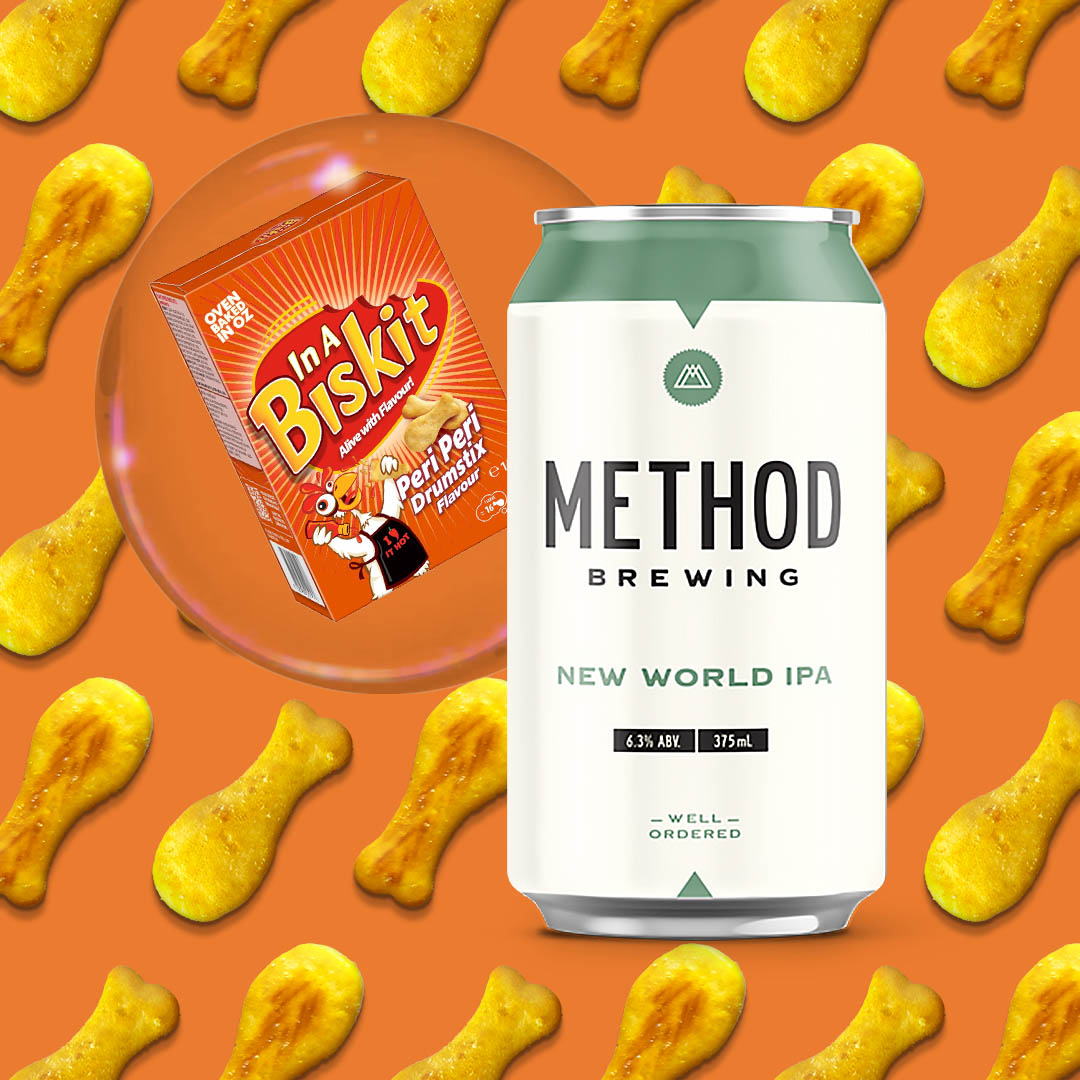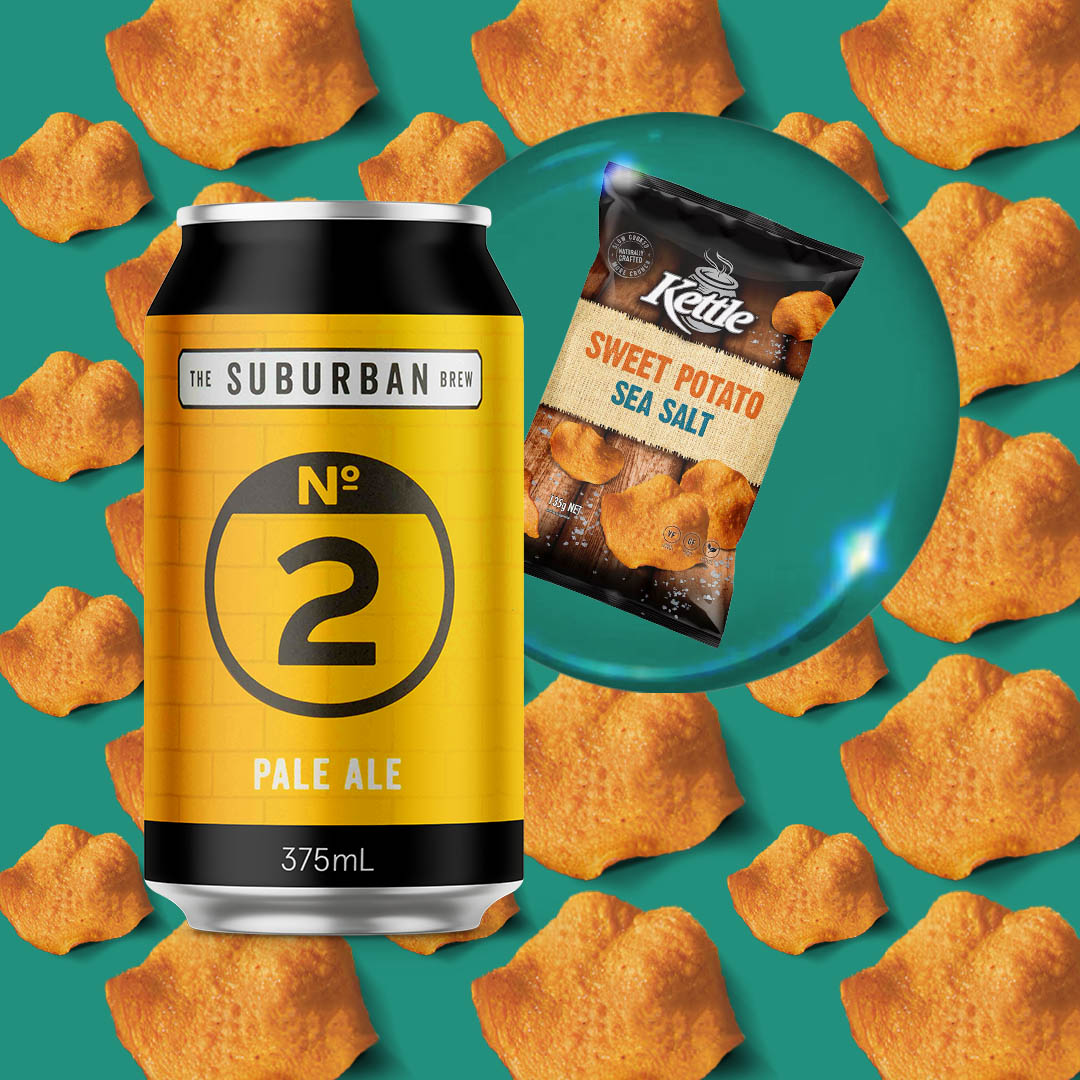The latest instalment of the Hop Science newsletter has arrived from Dr. Christina Schoenberger of the Barth-Haas Group. With each, we gain an insight into the latest science, innovations and discoveries from research conducted worldwide. See the January 2020 report summary below.

For a number of years, we have known that fruity thiols derived from hops have a high impact on the aromas of dry-hopped beers. We also know that the potential of bound thiols is high and hop variety dependent. But a German research group recently showed that an increase in the release of bound thiols can be achieved by choosing the right yeast.
The right contact time and optimum temperatures for dry hopping are highly discussed topics amongst brewers, and is dependent on the method a brewer is using as well as the beer style they are making. German researchers who experimented with cold static dry-hopping found that fruitiness decreases after a contact time of 2 days, giving way to more prominent herbal flavours. However, Kaltner reported that fruity flavours achieved with cold static dry-hopping were highest after 3 weeks. BarthHaas’ own trials showed that extraction takes longer at colder temperatures compared to higher temperatures. But the increased formation of oxidised sesquiterpenes at higher temperatures also results in more prominent herbal and spicy flavours.
Some US research into the flavour preferences of beer consumers found that men provided the highest ratings for citrus, cereal and nutty flavours, while women provided the highest ratings for citrus, apple, stone fruit and berry flavours. This shows that women have a stronger preference for hop-driven flavours than men.
Upcoming events:
Hop Flavourist Course, Level 2
Nuremberg, 16 – 17 March 2020
Train your sensory memory to better describe hop aromas, hop varieties and hop forward beers.
Expert Hop Selection
Nuremberg, 24 March 2020
Learn to professionally assess and evaluate hop aromas.
Hop Flavour Impact
Nuremberg, 5 May 2020
Learn to evaluate and create hop flavour in your beer.
More information and registration here.
Barth Haas January 2020 Hop Science Report PDF
If you would like to discuss any of these studies or events further, please get in touch.











